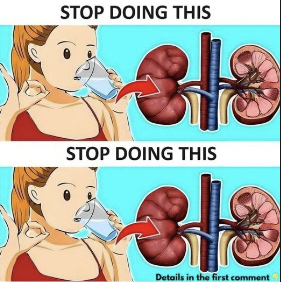Due to its participation in several metabolic processes, including the absorption of calcium, potassium, and salt, magnesium is a vital element for the body. In fact, magnesium maintains the
It regulates cholesterol levels, according to several studies, and can consequently fend against type 2 diabetes. According to a clinical trial, type 2 diabetics who took a magnesium supplement for 4 to 16 weeks had superior blood sugar management. Due to its interaction with vitamin D and calcium, which serve to develop strong, healthy bones, this nutrient also aids in the prevention of serious diseases like osteoporosis.
Magnesium does wonders for relaxation. It encourages healthy digestion and avoids constipation. It is crucial to the equilibrium of the nerves and muscles. Therefore, it works well for reducing stress, anxiety, irritation, and even depression. In fact, a research found that persons who consume processed foods, which are heavy in sugar and poor in magnesium, had a 60% increased chance of developing depression.
The cardiac muscle is always in the “tone-relax” state. The heart rhythm is controlled by calcium, which is actively involved in the first phase. Magnesium is crucial for the second phase since it stabilizes the heart rhythm. Arrhythmia, a failure of the heartbeat, happens with hypomagnesemia.
Because blood vessel walls are essentially muscles, they lose some of their elasticity and tautness when magnesium levels are low. All of this causes blood pressure (BP) to consistently rise.
You should thus not be hesitant to consume a lot of magnesium because a deficit in this mineral might cause dangerous symptoms like:
12 warning signs that you may be deficient in magnesium
1.Continual tiredness
Magnesium is typically advised for those who experience persistent tiredness or feel generally weakened. A Brazilian study has demonstrated that giving elderly patients with chronic conditions additional magnesium is beneficial.
2.Muscle pain
Muscle cramps, which frequently occur in the calf, may be your body’s way of warning you that you lack magnesium.
According to Ancient Minerals, without magnesium, our muscles would be constantly contracting.


